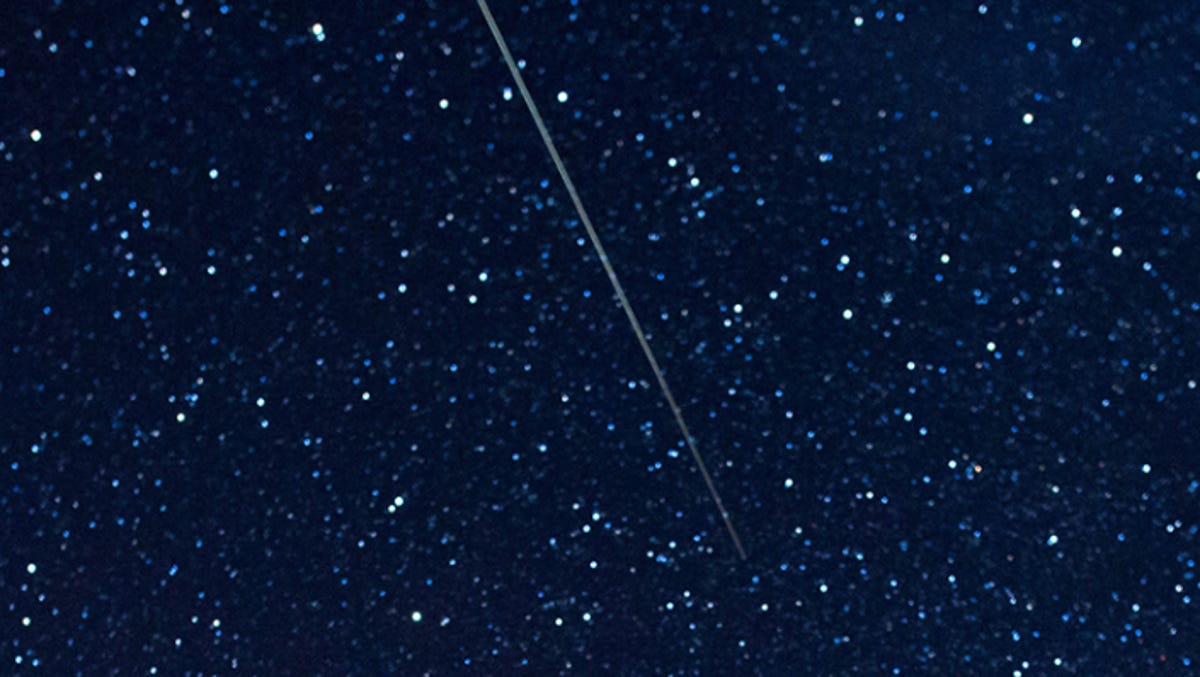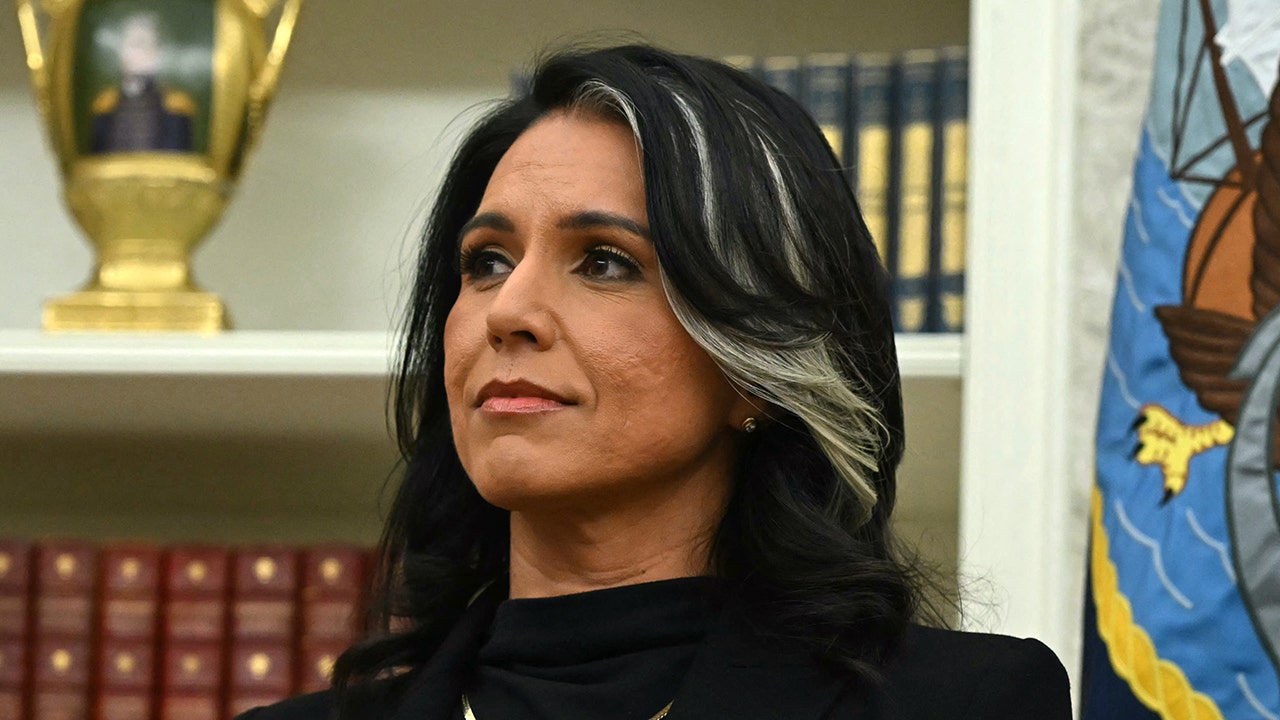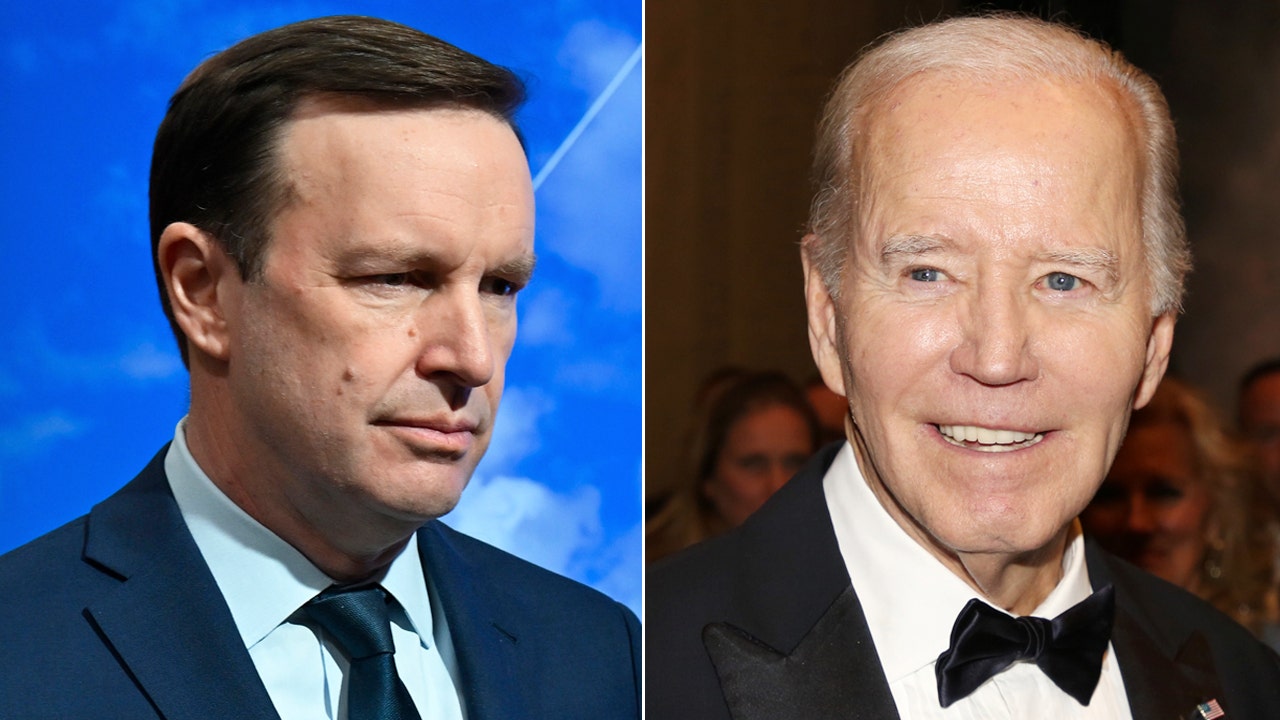Hawaii
Here’s why Geico is now plastered on the state’s FSP tow trucks
/cloudfront-us-east-1.images.arcpublishing.com/gray/XGENETJEHREMVOQO7FP4SJZIKU.JPG)
HONOLULU (HawaiiNewsNow) – Hawaii’s Freeway Service Patrol program is now sponsored by Geico.
The insurance company is forking over $200,000 to help cover the costs of the program.
Officials said the sponsorship allows the state Transportation Department to continue its 14-year FSP program, which costs about $4 million a year.
Freeway Service Patrol is available to drivers involved in incidents from Makakilo to East Honolulu free of charge.
“The drivers are going to be seeing the Geico Gecko on the back panel of GEICO sponsorship,” says Department of Transportation spokesperson Jai Cunningham. “It helps towards our costs for this program to ensure that HIDOT can continue to offer this free service.”
Every year, FSP operators clear 9,000 vehicle incidents, from car crashes to stranded motorists.
FSP operators are also trained in first-aid, CPR, fire extinguisher use, and hazardous material recognition.
Once FSP clears the disabled vehicle, motorists can then call a tow service or an insurance company for help.
FSP operators are available from Monday through Friday from 5 a.m. to 7 p.m., with the exception of holidays.
If you are in need of this free service, call 808-841-HELP (4357).
For more details on the program, click here.
Copyright 2023 Hawaii News Now. All rights reserved.

Hawaii
Hawaii troops forge alliances in Philippines | Honolulu Star-Advertiser
Hawaii
This Visitor Misses Hawaii Deeply. Another Says “Never Again.'
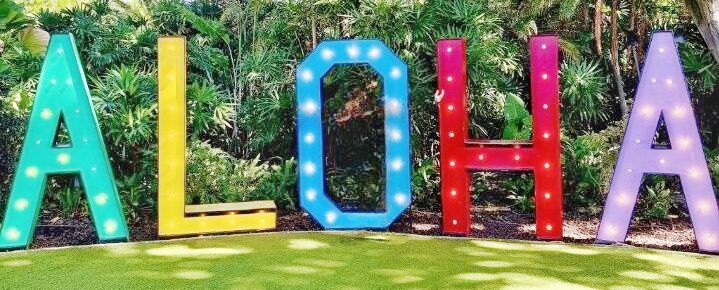
One longtime visitor and commenter who’s been coming to Hawaii for years just announced he won’t be returning—and his candid comment has stirred deeper reflection among travelers. It appeared in response to our recent coverage of Jetstar’s decision to end flights between Australia and Hawaii, but it quickly widened the conversation. His frustration is one we’ve heard often: prices are climbing, infrastructure is aging, and for some, the experience no longer lives up to the cost.
During the same week, we also heard from a new visitor about Hawaii’s profound impact on him and how much he misses it. The experience touched something spiritual for him and went beyond costs and infrastructure. Here’s what Scott wrote:
“I got back from Kauai a week ago and still can’t shake the feeling. I’ve traveled a lot, but I’ve never missed a place like this. Maybe it was the island, or maybe it was what it stood for—slowness, nature, community, honest food, even the roosters. Whatever it was, it got into us. Something feels different now, like our whole outlook shifted after being there.”
And here is the comment from longtime reader Barry that started this discussion:
“Hawaii, unfortunately, has become unaffordable in all aspects,” wrote Barry. “The government as well as the hotels have been sucking in money for years like an uncontrolled vacuum cleaner. The beaches, the roads, the sidewalks, the washrooms, and all the general amenities like water fountains and rinse-off stations require repair or need new ones… We have been coming to Hawaii for many years…but this will no longer be the case. It’s so hard to believe that Hawaii has become an unappealing destination.”
Hawaii changes you—and not always in the same way.
Barry didn’t single out a one-off complaint. Instead, he captured a broader shift many travelers have quietly noticed over the years. While sometimes updated on the surface with refreshed lobbies and branding, hotel rooms often haven’t seen meaningful interior renovations in decades.
One repeat visitor who stays in Waikiki annually told us they were shocked by their most recent room, citing peeling ceilings, rusted fixtures, and stained upholstery. “For the rate we paid,” they said, “we expected better.” We encountered the same thing when we stayed and reviewed the Hilton Hawaiian Village.
Others have noted that while nightly rates have soared, the overall guest experience hasn’t kept pace. Resort and amenity fees now routinely add $45 to $60 per night, even as guests encounter broken rinse stations, inoperable beach showers, and sidewalks needing repair. Some of the most expensive properties—charging over $700 a night—are still criticized for dated interiors and service that fall short of the luxury promise.
Yet, during the same week Barry shared his comment, we heard from a first-time visitor who described a profoundly different experience. For Scott, the trip wasn’t about hotel polish or pricing but something more profound. It’s a reminder that for some, even a short stay in Hawaii leaves an emotional imprint with little to do with amenities or infrastructure.
Resort fees—and what really matters to Hawaii visitors.
The most common complaints we hear are mandatory “resort fees,” which now add $45 to $60 per night at many properties. These charges often cover beach towels, Wi-Fi, or in-room coffee—items that travelers once expected to be included in the base rate. These fees feel like a bait-and-switch for some, especially those staying in older or poorly maintained rooms.
One reader put it bluntly: “Enough with the fees. If you want to charge $600, then charge $600. But don’t pretend it’s $475 and then tack on fees like it’s a used car dealership.”
Others say they wouldn’t mind paying more—if the quality and upkeep matched the price. When rooms feel tired or amenities don’t work, those added fees quickly become a flashpoint.
Still, not every visitor is focused on the financial side. Scott, the first-time traveler to Kauai, did not mention what he paid. For him, the value of Hawaii wasn’t defined by line items—it was in how the experience made him feel. That contrast makes this conversation so complex: the costs have become a dealbreaker for some. For others, the island connection overrides the price tag.
Hawaii’s public spaces leave mixed impressions.
Beyond hotel walls, visitors increasingly consider the condition of Hawaii’s public infrastructure a deciding factor in whether they’ll return. Barry specifically mentioned sidewalks, beach showers, water fountains, and especially public restrooms—everyday necessities that can either elevate or diminish the travel experience. It’s hard not to feel let down when these are broken, closed, or neglected.
Beach parks may be the biggest source of frustration. We’ve seen firsthand how overuse and deferred maintenance have taken a toll, especially in high-traffic areas. Restrooms are often out of service, rinse stations don’t work, and what once felt welcoming now feels worn. For longtime travelers, the contrast from earlier visits—when facilities were basic but reliably clean—is jarring.
As one reader put it, “Crumbling and neglected infrastructure, along with substandard public services, is unacceptable for one of the most beautiful places on earth.” Another commented, “In all my travels, Hawaii gets the award for neglected restroom facilities.” And a third offered: “We need money spent on Hawaii attractions which are long neglected.”
At the same time, visitors like Scott barely mention infrastructure at all. For them, the magic of Hawaii lies elsewhere—in the natural beauty, the pace, the feeling the islands evoke. That doesn’t make the frustration any less real, but it does show that what matters most depends on what a traveler came looking for in the first place.
The big emotional cost of walking away from Hawaii.
What makes Barry’s comment especially striking is how long he remained loyal to Hawaii before reaching his breaking point. He’s not alone. Other travelers have quietly told us they’ve stopped recommending Hawaii to friends or are now exploring alternatives. However, some admit that switching destinations isn’t the easy fix they hoped it might be.
In fact, based on our recent travels researching Hawaii and its alternatives, we’ve found that tourism challenges in places like Venice, Madeira, and Prague—among others—are far worse. Hawaii still has time to avoid going down that slippery road.
One couple told us they’d gone to Maui nearly every year since 1999 but are planning future trips to Portugal or the Canary Islands instead. For Canadians, many things make Hawaii feel even more out of reach. Once you factor in resort fees, parking, taxes, and restaurant prices, the actual cost of a Hawaii vacation can quickly snowball beyond what many feel comfortable spending.
Even among those still coming, we’ve noticed a shift in tone. Several readers said they continue to return, but with managed expectations, acknowledging that while the beauty remains, the overall experience no longer quite matches what it once was. It’s not always an angry goodbye. For many, it’s a quiet, reluctant one—made harder by how much they still love the place.
What happens when loyalty fades?
The visitor numbers may still look strong, but a shift in sentiment like this is difficult to quantify—and even harder to reverse. Travelers like Barry often return for decades, bringing friends, family, and thousands of dollars in spending each time. When they quietly walk away, they leave more than just a vacancy. They influence how others see Hawaii, and sometimes, whether they come at all.
This isn’t unique to Hawaii. Around the world, once-beloved destinations are grappling with the effects of too much tourism, insufficient reinvestment, and a feeling of being squeezed out or unappreciated by both travelers and residents.
It’s a pattern we’ve seen firsthand—and one we’ll continue tracking as we explore places like the Cook Islands, Fiji, and French Polynesia. Hawaii isn’t there yet, but the warning signs are familiar, and the opportunity to choose a different path is still very much alive.
But the pull of Hawaii is still real.
Even as frustrations rise, many travelers continue to describe something lasting and powerful about their time in Hawaii. Some say they leave feeling changed—more grounded, present, and connected to nature and people. Others tell us they miss the islands the moment they land back home. That’s why the disappointment stings so deeply: because the love for Hawaii runs deep.
There’s also something fitting—if bittersweet—about the word Aloha, which means both hello and goodbye. For many, the parting feeling isn’t anger. It’s grief. And the hope remains that one day, the goodbye might turn into a welcome again.
Still worth it—for now?
Not everyone is saying goodbye. Some readers remain committed to returning, even as they acknowledge the cracks. One visitor told us, “Hawaii has its issues, yes. But we keep coming back because no place else makes us feel the way Kauai does. I just wish it didn’t feel like we were being punished for it.”
Another wrote, “We’re holding out hope that things will improve, but it’s getting harder to justify it to friends when they ask where to go for vacation.” These aren’t just passing complaints. They’re thoughtful reflections from travelers who have loved Hawaii for decades—and whose continued loyalty shouldn’t be taken for granted.
Can Hawaii win you back?
Hawaii still offers natural beauty and cultural richness that few places can match. But the visitor experience doesn’t depend solely on scenery. It depends on value, trust, and the feeling that a vacation here will be memorable—for the right reasons, not just costly ones.
There’s still time to address the concerns travelers are raising. Hotels can reinvest in their rooms and service. Amenities and other fees can be made transparent or eliminated. Public infrastructure can be restored and maintained in ways that benefit everyone. Hawaii’s welcome can be better rooted in mutual respect, not simply fatigue or frustration.
Have you reached a breaking point—or are you still holding out hope? The fact that so many travelers still feel this deeply, even when stepping away, says a lot about Hawaii and its visitors. With Aloha meaning hello and goodbye, maybe that’s where the path back begins.
Get Breaking Hawaii Travel News
Hawaii
Police, military defuse projectile devices in Hawaii Kai
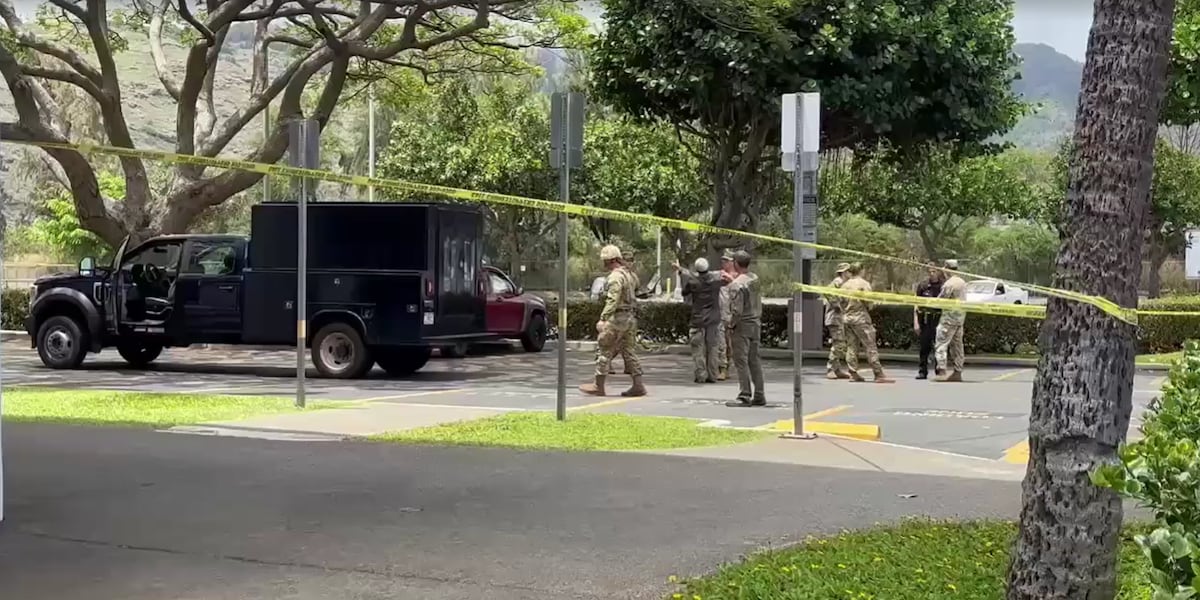
HONOLULU (HawaiiNewsNow) – Honolulu police and military personnel briefly closed the Maunalua Bay parking lot and surrounding roads to defuse projectile devices Wednesday afternoon.
Police said two possibly live M49A2 mortar bombs were turned in to the Hawaii Kai police substation by a member of the public at around 1 p.m.
The Honolulu Police Department‘s Specialized Services Division, in coordination with the Army’s Explosive Ordnance Disposal team, transported the devices to the Maunalua Bay parking lot for defusing.
Officers evacuated and closed nearby roads, including Kalanianaole Highway and Keahole Street, until the area was safe.
There were no injuries.
The all-clear was given and roads were reopened by 2:10 p.m.
HPD says if you find similar devices, do not move them and call 911 immediately.
Copyright 2025 Hawaii News Now. All rights reserved.
-

 Austin, TX6 days ago
Austin, TX6 days agoBest Austin Salads – 15 Food Places For Good Greens!
-

 Technology1 week ago
Technology1 week agoBe careful what you read about an Elden Ring movie
-

 Technology1 week ago
Technology1 week agoNetflix is removing Black Mirror: Bandersnatch
-

 World1 week ago
World1 week agoThe Take: Can India and Pakistan avoid a fourth war over Kashmir?
-

 News1 week ago
News1 week agoReincarnated by A.I., Arizona Man Forgives His Killer at Sentencing
-

 Health1 week ago
Health1 week agoN.I.H. Bans New Funding From U.S. Scientists to Partners Abroad
-

 News1 week ago
News1 week agoWho is the new Pope Leo XIV and what are his views?
-

 News1 week ago
News1 week agoJefferson Griffin Concedes Defeat in N.C. Supreme Court Race


